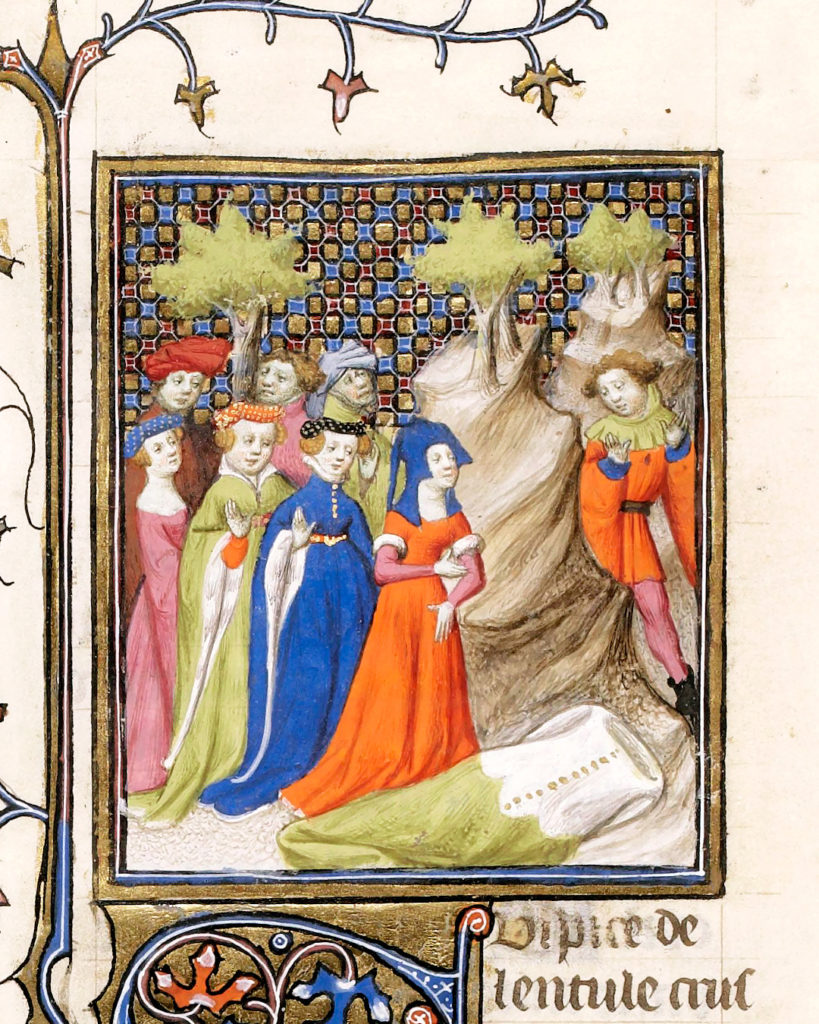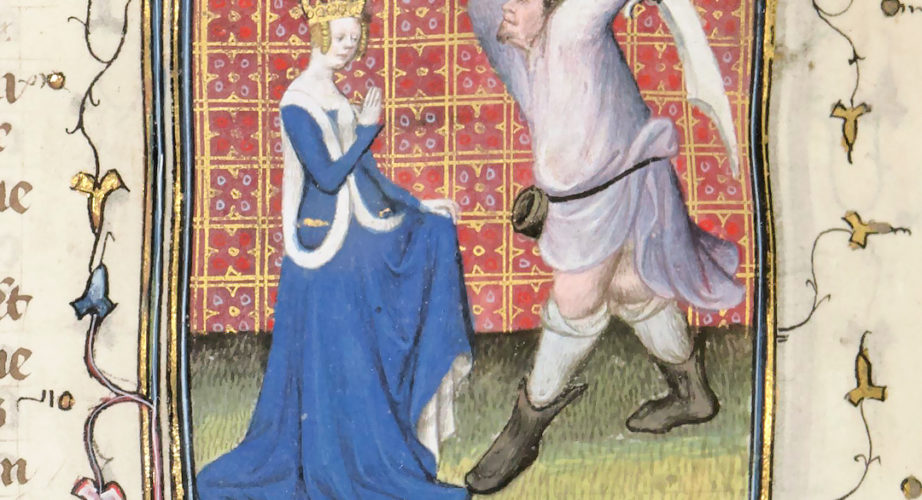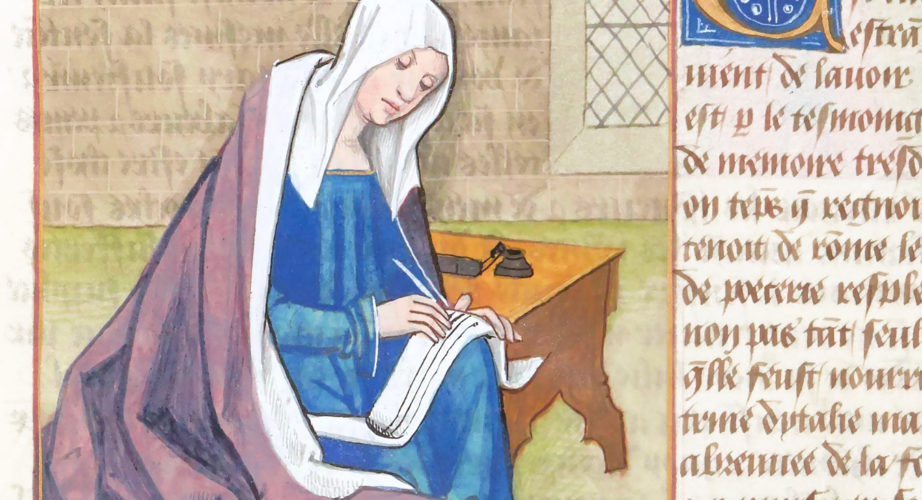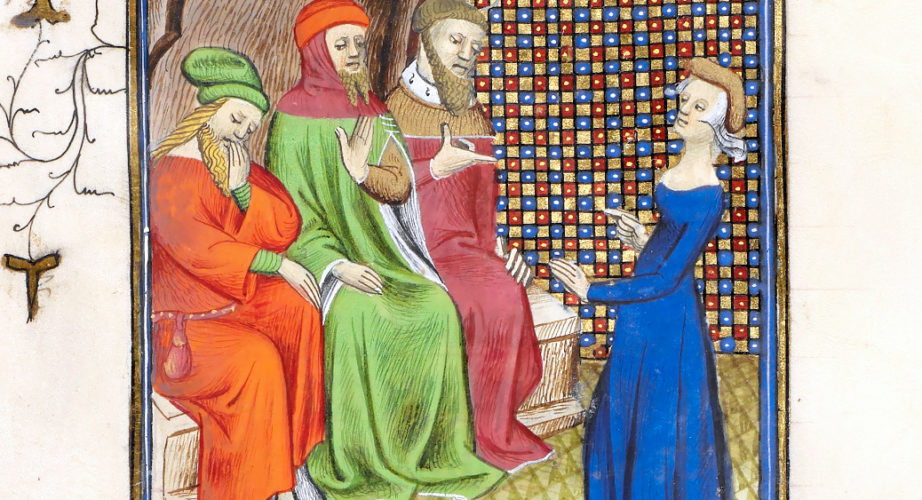Sulpicia

Welcome back to another Women’s Wednesday! Our weekly Mulier Clara, much like Sappho before her, is mostly known for her literary skills: Sulpicia. While Boccaccio focuses his account on the strength of her love for her husband, she has since been recognized as the only female poet of ancient Rome whose work survives.
Sulpicia lived during the Augustan Age, a period in which the rules for women changed substantially: they could divorce their husbands and not just the other way around, and now they had more power over their own dowries. Being born into an aristocratic household and being the niece of a patron of literature and art, Sulpicia grew up in the perfect environment to fully express herself: her work is about her romantic and physical love and desire for Cerinthus, a name that is still unclear whether it belonged to a real person or a platonic ideal of the perfect partner. She was honest and open about her passions and described her love in a way that was deemed too explicit for an aristocratic woman of the time ("I prayed to Aphrodite in Latin, in poems; she brought him, snuggled him into my bosom."); the idea that the author of her verses could be a woman thus was not considered for centuries until it was finally accepted and established by academics starting in the 18th century.
"Sulpicia", illumination from the manuscript “Livre des femmes nobles et renommees”, ms. Français 598, f. 125r, 1403, Bibliothèque nationale de France, Département des Manuscrits, Paris
Historically and mythologically speaking, being in a powerful position (and perhaps also a…
The time has finally come for the very first Women’s Wednesday of 2021!…
It is known that the right environment is the key to a bright…


